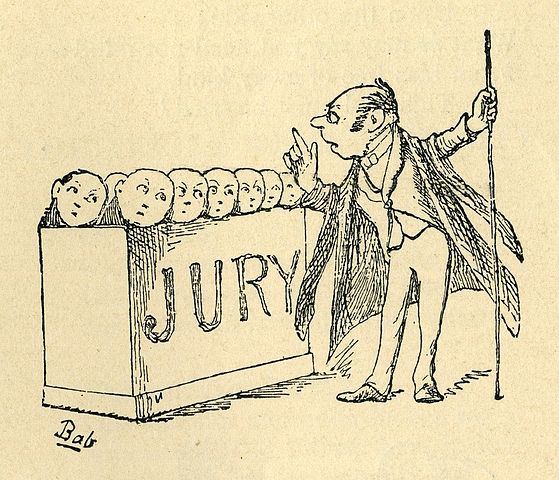Court vs Trial
Understanding the distinction between court and trial can be confusing for those unfamiliar with the specific definitions of each term. While most people recognize that court and trial are crucial aspects of the legal system, it’s common for those who don’t know the exact meanings of each term to use them interchangeably. However, there is a clear difference between court and trial, and closely examining each term is necessary.
What is a Court?
A court is formally defined as an organized body with powers, meeting at specified times and places for the adjudication of causes and other issues brought before it. It is generally considered the branch of government responsible for administering justice. A court or the system of courts is established or created by statute or provisions in the Constitution. The primary purpose of the court is not only to administer justice but also to enforce the law. A court can be thought of as an impartial forum or assembly charged with resolving disputes or issues between parties. As such, parties typically go to court to seek justice, redress, or relief for a particular wrong they have suffered or violation of their rights. A court’s function involves hearing cases, interpreting and applying relevant law, and making decisions based on the evidence presented before it. Courts typically consist of judges, and in some cases, a judge and a jury. Courts are usually categorized into civil and criminal courts, and there are rules and procedures that govern the function and process of each type of court.
What is a Trial?
A trial can be thought of as a process or proceeding that occurs within a court. A trial is heard before the judicial body mentioned above. The dictionary defines a trial as the act or process of testing, trying, or putting to the proof. In the legal sense, this accurately describes what happens in a trial. Questions of fact and questions of law are tested and tried, resulting in a final determination. In law, a trial is defined as a judicial examination and determination of facts and legal issues between parties to a lawsuit. A trial is the primary mode by which disputes are resolved, particularly when parties are unable to reach a settlement independently. The ultimate goal of a trial is to deliver a fair and impartial decision. Its purpose is to examine and decide upon issues of fact and/or issues of law. A trial is often referred to as an adversarial proceeding, which typically involves the presentation of evidence by both parties, arguments, application of the law, and the final determination. Trials are usually instituted before a judge or before a judge and jury. Trials can be either civil or criminal. In a civil trial, the objective is to determine if the plaintiff is entitled to claim the relief sought. In contrast, in a criminal trial, the goal is to determine the defendant’s guilt or innocence.
Key Takeaways
- A court is an organized judicial body responsible for administering justice and enforcing the law.
- A trial is a process or proceeding that takes place within a court, aiming to resolve disputes or determine guilt or innocence.
- The primary difference between a court and a trial is that a court refers to the judicial body established to hear and determine cases, while a trial is the process by which cases are brought and heard before a court.
